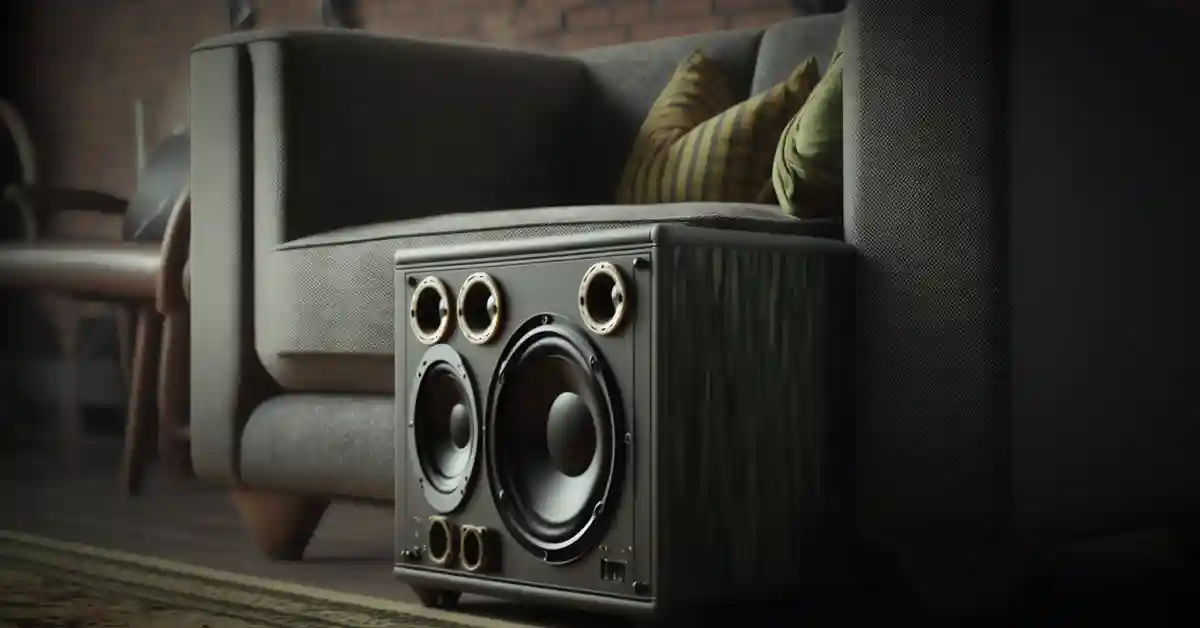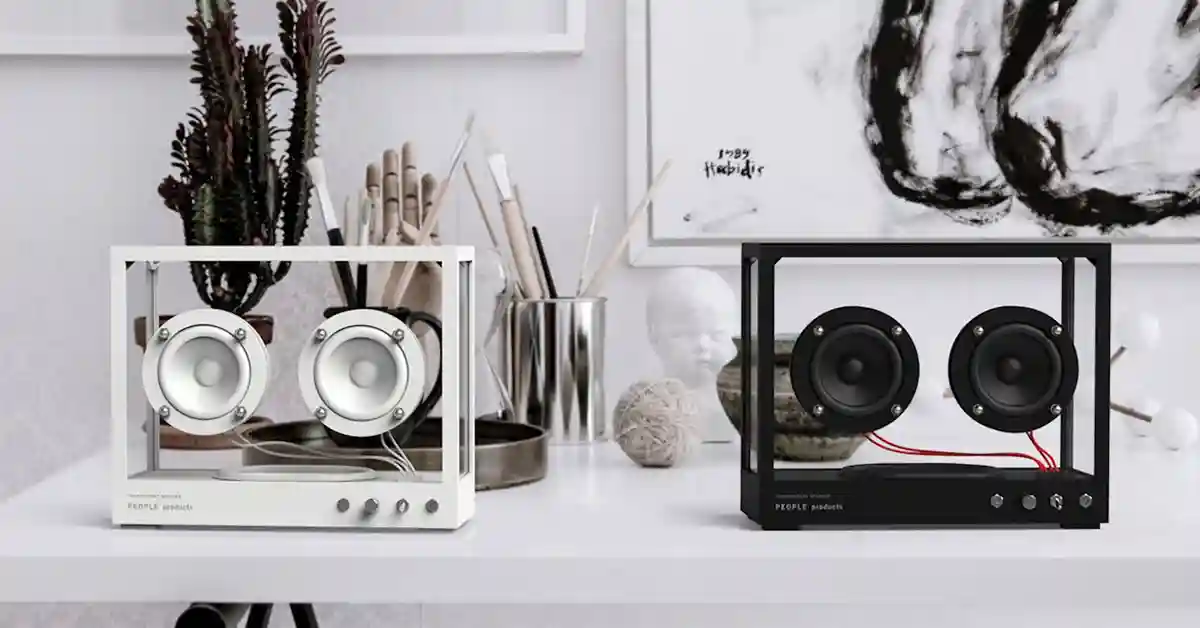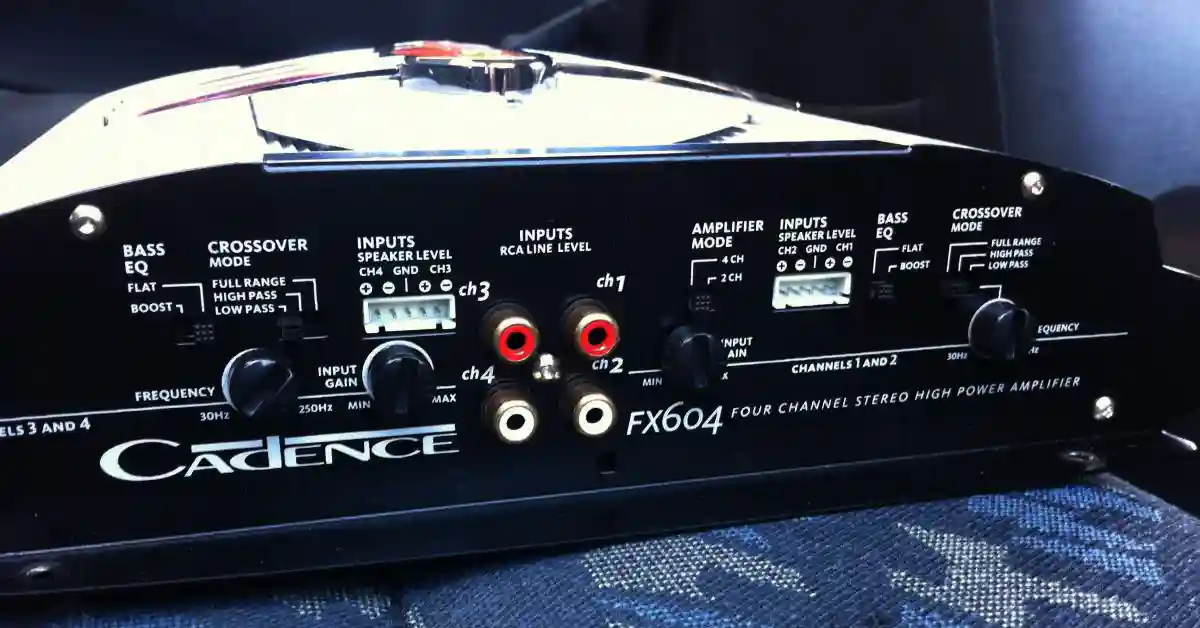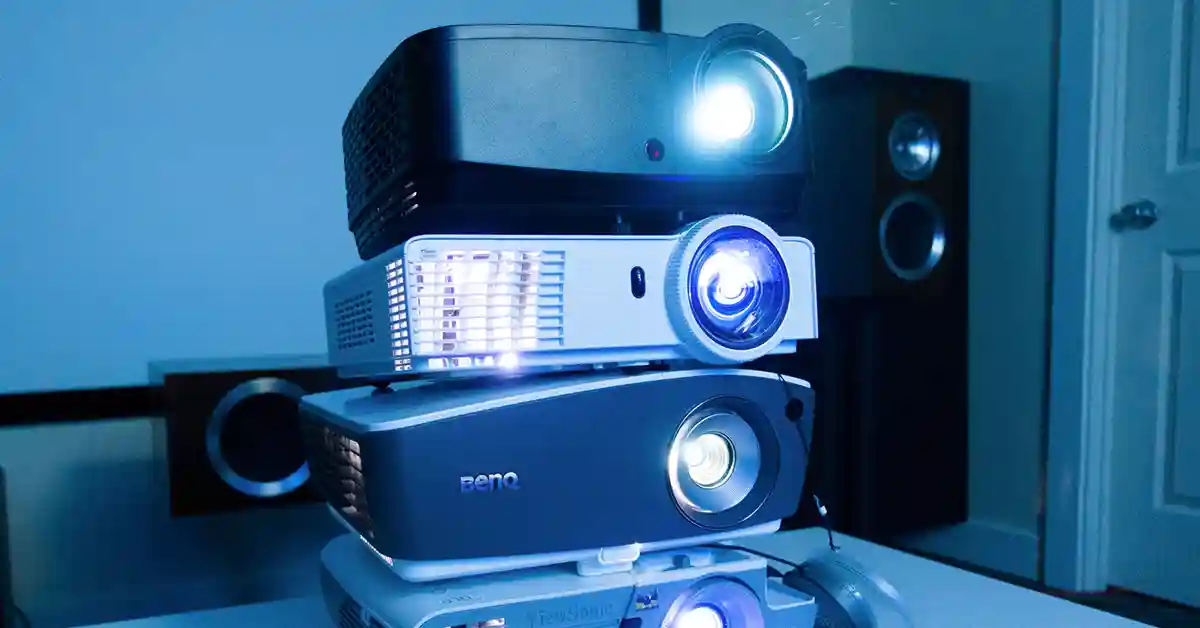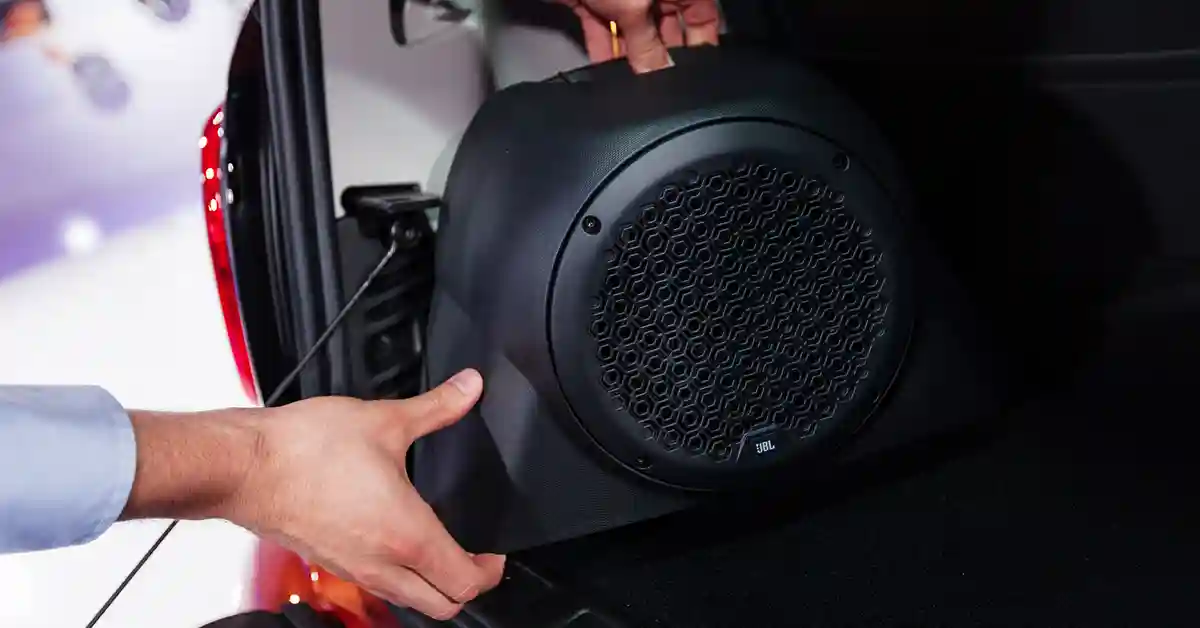How To Stop Radio Interference From PC Speakers
Are you in a position where your speakers are humming? Do your speakers ever start playing a weird radio station that you haven’t tuned into? If you answered yes to any of these questions, your computer has likely received a disturbance in the form of radio waves.
With your speakers picking up radio frequencies, it's difficult to pay attention to your audio. These waves could come from microwaves in the surrounding area, a cell phone, another speaker in the area, and also TVs. Eliminating these radio waves is impossible because they aren’t seen nor can you touch them.
However, stopping the radio waves is possible and a couple of solutions are highlighted for you below.
The interference is caused when your computer and other devices operate on the same frequencies. This can be emitted by a buzzing sound, static, or service cutout. Radio interference can work both ways when dealing with computers: It could be that the PC is interfering with other devices or these other devices are interfering with that PC. Trying to figure out what the exact cause is can consume a lot of time.
How To Prevent Radio Interference In Speakers
Disconnecting
The interference comes when you’re using speakers and a computer, which means that radio waves and maybe microwaves are being crossed. Your speakers could simply switch channels and play something from a radio station or a podcast. This happens when the radio waves interfere with the PC and cause a disturbance. It’s not anything paranormal, but it could be a technological ghost.
One solution at hand could be disconnecting any strange wires. Strange would mean that if there are any faulty wires, unnecessary wires, or even a faulty connection, remove these wires and test for any unusual noise from your speakers. Secure the connection of hanging wires as well.
Remove any unnecessary wires from your system, any unwanted wires or cables that are laying around. Unplug and firmly replug your cables for a tighter fit. Any loose or open wire can be reinserted or thrown out.
Distancing
Exposing your computer to different electronic devices poses an interference in electromagnetic waves. The devices (it could be a smartphone, a monitor, or even a TV) all work at their own frequency, meaning that they could be crossing different frequency levels through the PC. These frequencies could provide interference to your PC and cause static.
To test out this theory, find an old TV with the “box” at the back, not one of these flat screens.
Plug the TV into an outlet and increase the volume. Move your phone along the speaker or screen of the TV. You’ll hear a static noise, this static is caused by the disruptions of waves of the TV and your phone. Move your phone away from the TV and the noise disappears.
Ground
Grounding your computer system with the proper equipment is an essential safety feature and also prevents electric shock. With the correct ground pin, (the third, rounded pin on a plug) you can also suppress radio waves.
While your wires can act as an antenna for radio waves, it's better to lessen the number of wires to prevent high-level radio signals. Remember, the longer the wiring to your speakers, the more prone it is to cause interference.
Static noise can probably be heard in some cases of incorrectly grounded electrical outlets, but the interference caused is not as disturbing to your PC. Therefore, always ensure your computer and external speakers are properly connected with grounded electrical outlets.
Internal
Your computer also has the capabilities of producing radio interference. This is an internal problem that requires a software check. Troubleshooting is an amazing process of elimination to figure out the exact source of the problem. Here’s how you can do that:
- Right-click on your Volume icon
- Click on Volume Mixer
- You’re going to want to adjust each of your slider volume options to figure out which one is causing the noise.
- With the Volume Mixer open, mute each slider and test the sound.
- Once you’ve figured out which one of the slides is causing the interference, you can mute that sound and prevent radio noise from affecting your system.
Side Note
Avoid removing internal computer components. Removing components might risk the validity of the PC. If you want to check out the internal system or the motherboard, it is recommended that you contact a professional or your manufacturer if the problem is hardware. Risking the entire PC while stripping the parts is not only going to cost you a lot of money, you will also risk losing the warranty on your PC.
Check out this video for a detailed overview
Possible Virus
Looking at the worst-case scenario, a computer could produce a radio frequency through its speakers with the help of a system malfunction. The possibility of this happening is slim but also possible and we call such a malfunction a virus or malware. The virus could corrupt your computer in any way, shape, or form. When your computer speakers are picking up radio frequency, this could be the work of a virus. First, it could be a Spanish radio commentator speaking, then a country radio station coming on, and next, it could just be static noise! A virus is not dictated to only stealing, it can also be programmed to cause interference to your PC.
A solution could include a Windows reboot to install updates on your software. This is a possible move in the right direction and could clear up some unnecessary data. Your anti-virus apps could also be updated and help clean your software. Some of the best Registry Cleaner apps search for and detect potential viruses and clean them up.
Here is a list of a few of the best Registry Cleaner:
- Iolo System Mechanic.
- Outbyte PC Repair.
- Defencebyte.
- Advanced SystemCare.
- Auslogics Registry Cleaner.
- Wise Registry Cleaner.
Conclusion
Whether it’s replacing your speakers, moving cord, shortening cords, trying a different power socket, troubleshooting your computer, or using a Registry Cleaner, you have some of the most efficient ways to block radio interference. Going back to uninterrupted tunes after a long day at work is possible with a bit of elbow grease.
You fix it once, you fix it for life and you gain a valuable skill. You can go back to changing channels and playing music from your playlist, being in control, and taking charge.
Related Articles

